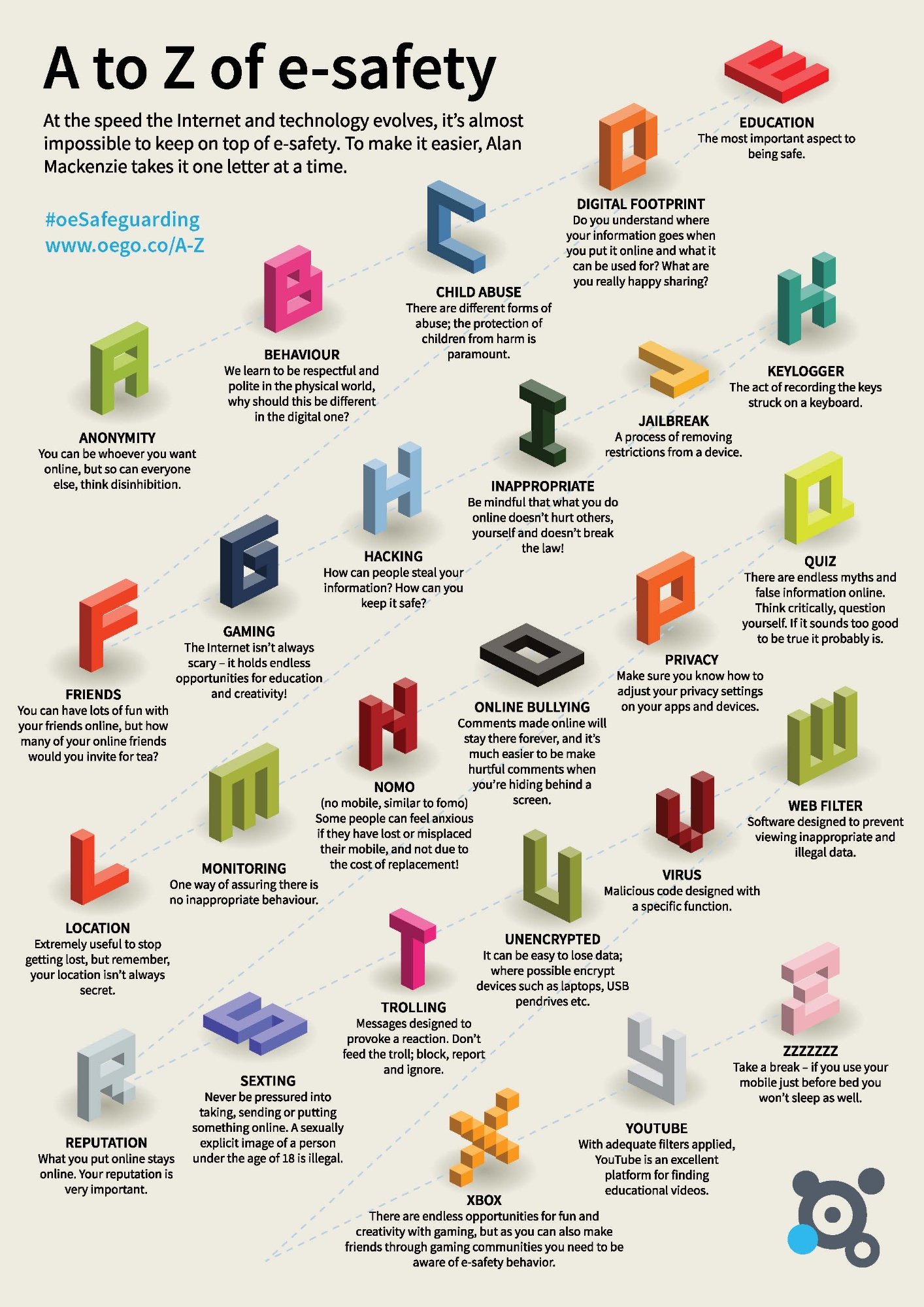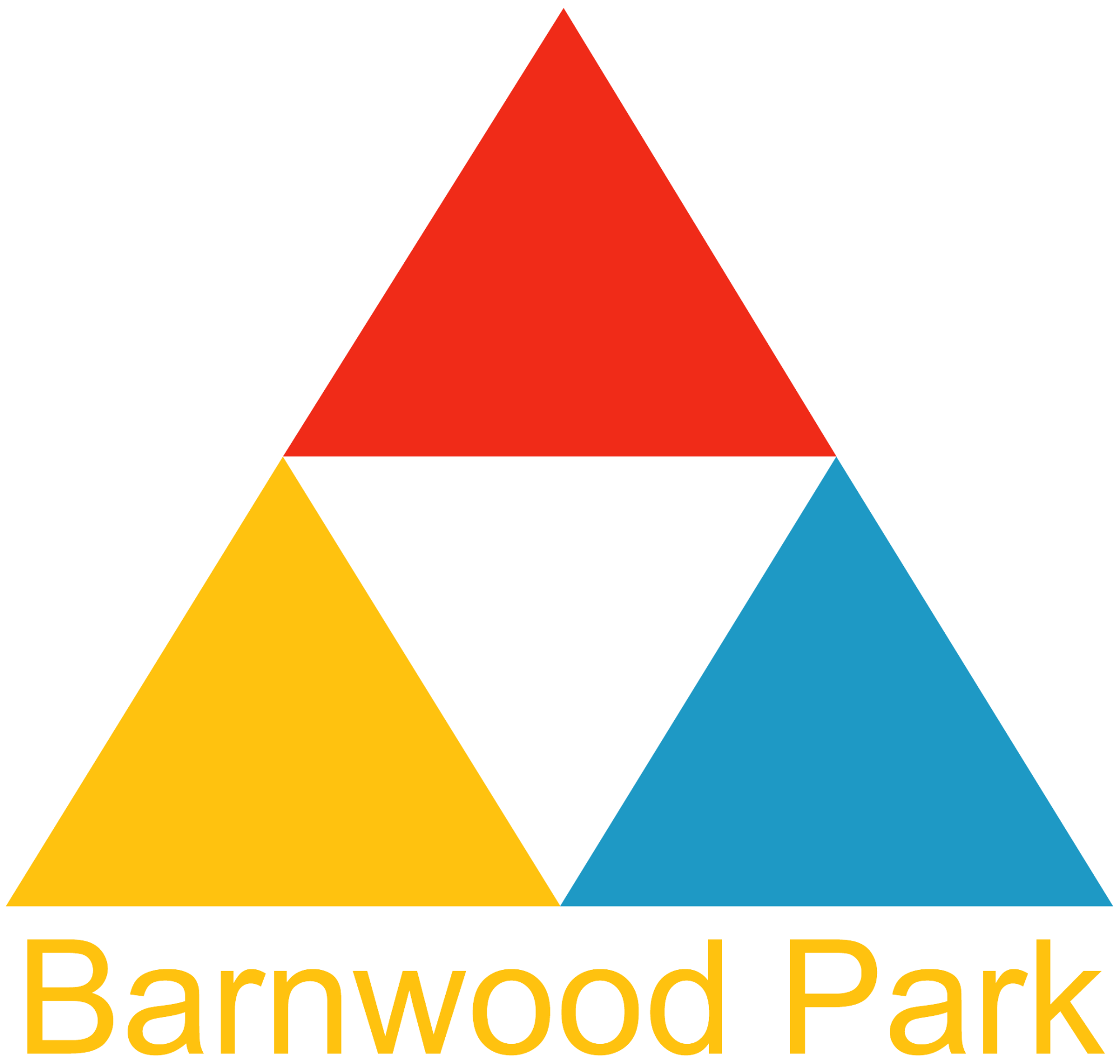E-safety
Social media across society is increasingly used and is becoming more recognised as a valuable tool for communication. The open nature of the Internet means that social networking sites can leave professionals and students vulnerable if they fail to follow simple precautions.
A social networking site is any website which allows users to create accounts/profiles, form relationships and share information with other users. It also includes sites which have online discussion forums, such as chat rooms or blogs. Social media include, but is not limited to, Facebook, Twitter, Instagram, Snapchat, Tik-Tok, YouTube and Linked-In.
Although our school rules state that students are not able to use their mobile phones in school during the school day, they do have them with them, so we are aware that this brings about the potential for safeguarding and bullying incidents to occur through electronic devices while students are at school in our care.
Reporting to school
If you have any problems at school, at home or with your family or friends in relation to E-safety, please let us know at school. We are here to support you, and we will do whatever we can to help and keep students safe.
Contact: concerns@barnwoodpark.co.uk
CEOP
The Child Exploitation and Online Protection (CEOP) Centre is the UK’s national child protection agency (visit www.ceop.police.uk for more information). CEOP believe the start of the new school year is the perfect time to speak to your child about how they use the internet and how they can stay safe online.
Through the ClickCEOP advice and help centre, members of the public can access guidance on a broad range of topics to help protect their children, or alternatively report a concern directly to CEOP.
CEOP children stay safe online. Has someone acted inappropriately towards you online, or to a child or young person you know? It may be sexual chat, being asked to do something that makes you feel uncomfortable or someone being insistent on meeting up. You can report it here.
NSPCC
The NSPCC have launched a dedicated helpline for children and young people who have experienced abuse at school, and for worried adults and professionals that need support and guidance, including for non-recent abuse. Call the new NSPCC helpine, Report Abuse in Education on 0800 136 663 or email help@nspcc.org.uk.
Useful websites
| thinkuknow.co.uk | childnet.com | internetmatters.org |
| saferinternet.org.uk | bbc.com/ownit | parentzone.org.uk |
| NSPCC.org.uk | fosi.org | wizcase.com |

